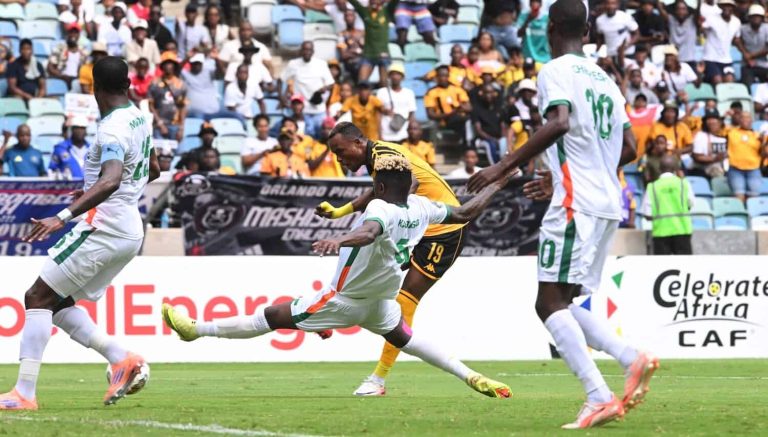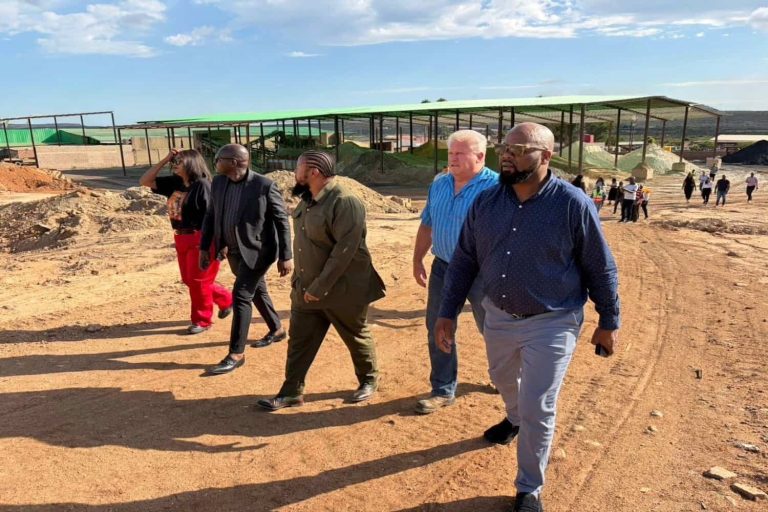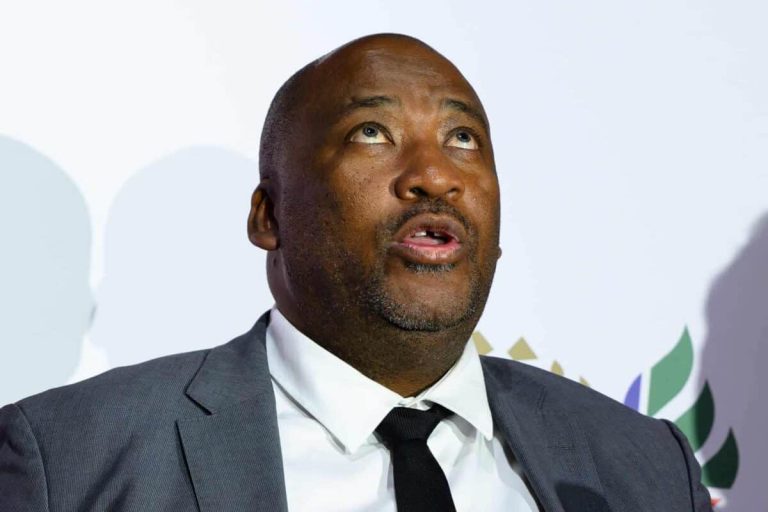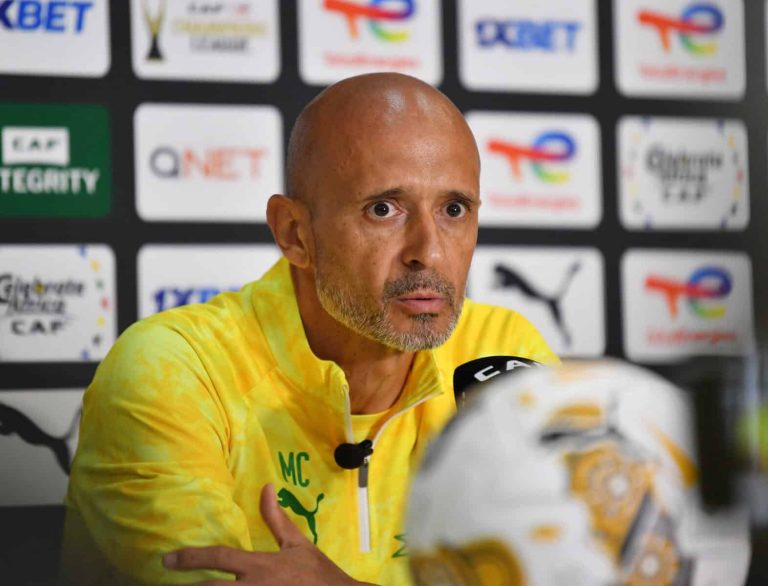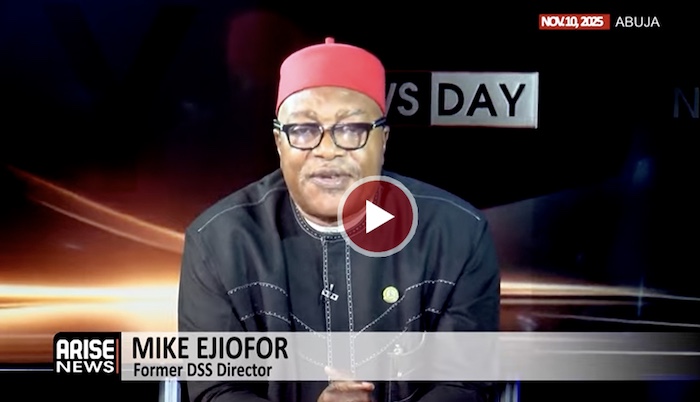

Former Director of the Department of State Services (DSS), Mike Ejiofor, says the Federal Government is not downplaying Nigeria’s security crisis but must be cautious in the way it publicises terrorist activities to avoid emboldening non-state actors.
Speaking in an interview with ARISE NEWS on Monday, Ejiofor said: “I wouldn’t say that the Nigerian government is downplaying the fight against insecurity. The government has continued its efforts to rid society of criminality, especially in the border areas, which remain a major challenge.”
Ejiofor cautioned, however, that the frequent public discussion of figures and statistics regarding terrorism—such as the number of insurgents reportedly killed or rehabilitated—could be counterproductive.
“We tend to focus too much on figures. Today, they say 10,000 have surrendered, tomorrow 3,000. Nigerians need clarity about what these numbers really mean,” he said.
“The more we talk about these figures, the more these groups get angry, resist, and become more determined. The government should intensify its efforts rather than fear increased attacks.”
When asked about the accuracy of data released by the government on attacks foiled or arrests made, Ejiofor urged caution but denied any deliberate manipulation.
“I doubt that the government is downplaying the situation. Rather, I believe we should downplay the activities of terrorists themselves. The more publicity we give them, the more prepared and emboldened they become,” he said.
Ejiofor added that excessive publicity compromises intelligence operations and ongoing investigations.
“The police and security agencies have many ongoing investigations. When we publicise too much, we sometimes compromise those efforts. We should concentrate on achieving results quietly and professionally,” he noted.
On concerns about discrepancies between Nigerian data and reports from international bodies such as the Global Terrorism Index, Ejiofor said both sides rely on different sources.
“International bodies use their own records, while our data is based on internal reports. What matters most is whether attacks are reducing. From available information, yes, there has been a reduction, though we’re not there yet,” he explained.
He further warned against circulating gory images or videos of terrorist attacks, saying such content undermines public morale and plays into the propaganda aims of insurgents.
“We should downplay the circulation of disturbing images. They hurt public sensibilities and lower morale. The terrorists thrive on that kind of publicity,” Ejiofor said.
Highlighting the government’s financial commitment to national security, he added:
“The 2025 budget allocates the highest amount ever to security—about 10 percent of total spending. That shows the government’s commitment to tackling insecurity.”
Ejiofor also called for greater international cooperation, particularly between Nigeria and the United States, but ruled out any need for foreign troops on Nigerian soil.
“What we need is collaboration, not boots on the ground. The United States can support us with intelligence and technology. Nigeria is a strong nation; we can handle our own security challenges with the right partnerships,” he said.
Ejiofor concluded that terrorism remains a global threat but insisted that Nigeria must prioritise its own national interests in combating it.
“No country is completely free from terrorism. What we must do is strengthen our institutions, improve intelligence gathering, and contain attacks within our borders. That’s what’s most important for national security.”
Boluwatife Enome
